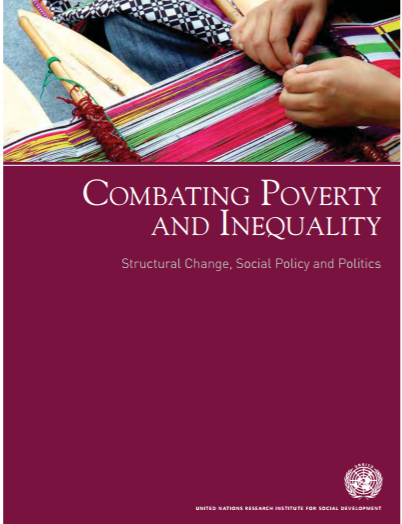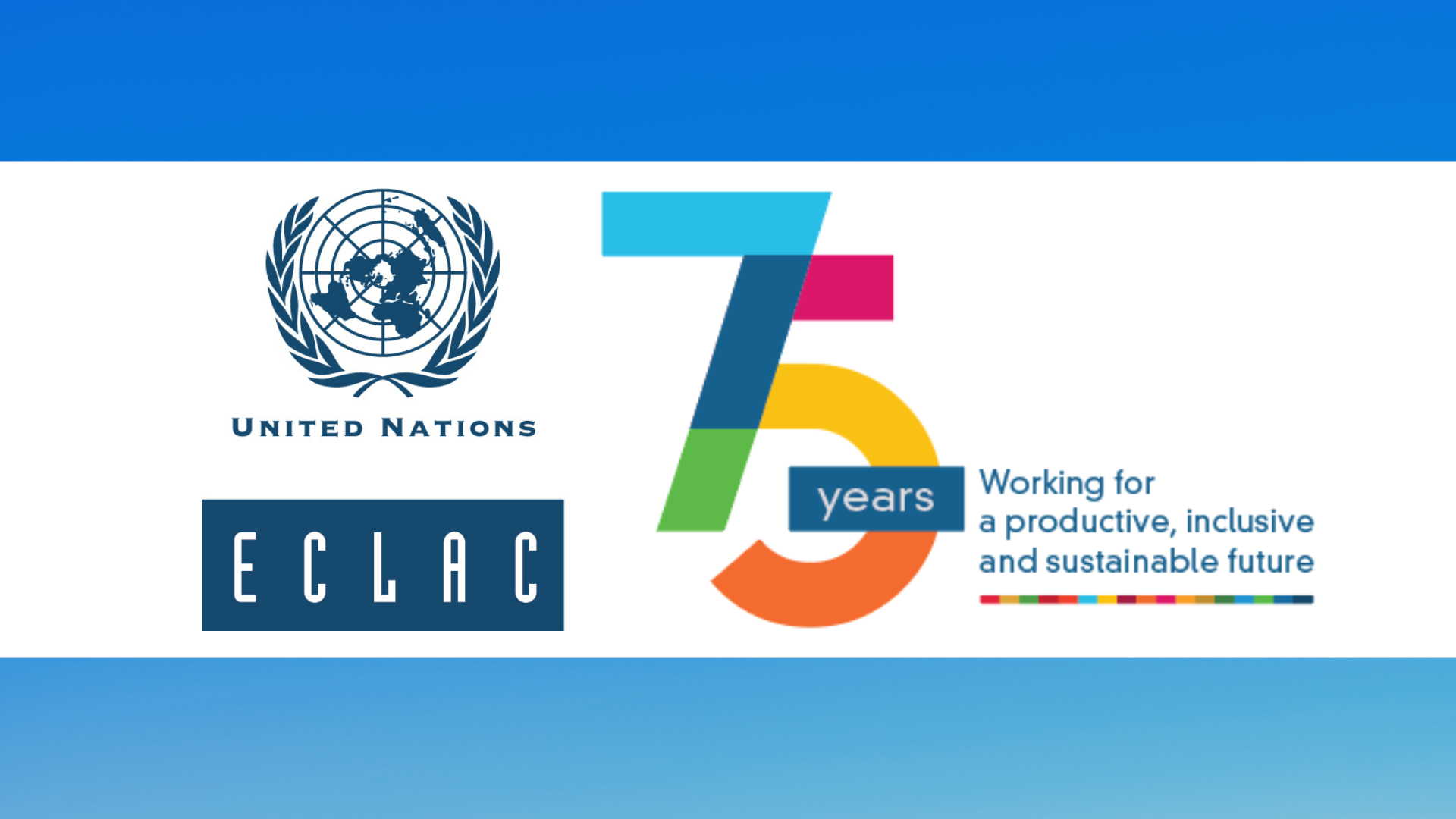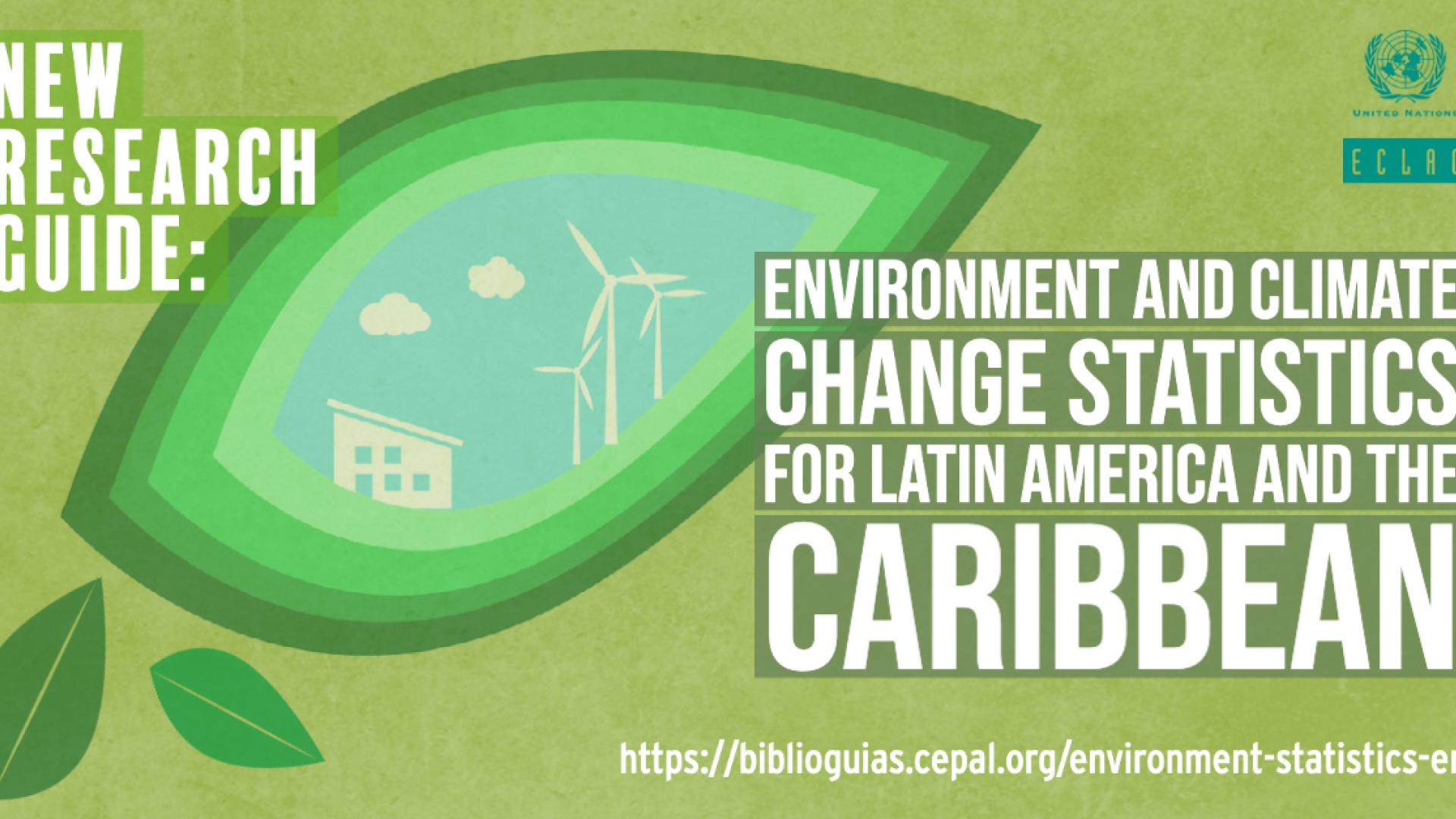Briefing note
Current poverty reduction approaches that separate poverty from the broader process of economic growth and development are unlikely to succeed and could leave about 1 billion people destitute by 2015, according to a new United Nations report released today. The report by the UN Research Institute for Social Development (UNRISD) explores the causes, dynamics and persistence of poverty, as well as what works and what does not in international policy and practice.
The study, released as governments and international institutions focus on cutting poverty in half to meet the target in the Millennium Development Goals (MDGs) by 2015, reveals the multiple and complex processes involved in sustainable poverty reduction and lays out a range of policies and institutional measures that countries can adopt to succeed.
The eight MDGs provide concrete benchmarks for tackling extreme poverty. They include goals and targets on income poverty, hunger, maternal and child mortality, disease, inadequate shelter, gender inequality and environmental degradation.
The UNRISD report argues that while simple prescriptions may attract government support and funding from donors, they are unlikely to create conditions in which poor people can lift themselves out of poverty.
According to the report, evidence has shown that poverty is reduced when economic and social policies, institutions and political arrangements are mutually supportive. The pursuit of policies in one social development domain while neglecting others is likely to undermine efforts to combat poverty and inequality.
Yusuf Bangura, UNRISD Research Coordinator and lead author of the report, attributed failure to the tendency to neglect the root causes of poverty.
"Current approaches to poverty tend to focus on things poor people lack rather than why they lack them. But when a large proportion of a country's population is poor, it doesn't make sense to detach poverty from the dynamics of economic growth and development," Mr. Bangura said.
"For example, in many countries income and wealth inequality have increased and inequalities based on gender and ethnicity persist. High levels of inequality are often found in the poorest countries, which means that poverty and inequality must be considered as part of the same problem.
"But apart from a commitment to eliminate gender disparities in primary and secondary education, current approaches to poverty reduction virtually ignore inequality. They shy away from confronting inequality head on - through redistributive policies, for example," he added.
The report draws lessons from countries that have successfully and sustainably improved the well-being of the majority of their populations. In those cases, economic, social and political transformations - not poverty reduction per se - were central public policy objectives.
According to the report, the following elements are crucial to sustainable and inclusive development:
•Economic transformation, involving not only growth but also changes in the structure of the agricultural, industrial and service sectors that generate and sustain jobs that are adequately remunerated and accessible to all, regardless of income or class status, gender, ethnicity or location.
•Social transformation, accomplished through comprehensive social protection and services that are grounded in universal rights and supportive of social cohesion and democratic politics.
•Political transformation, including the protection of civic rights, activism and political arrangements that ensure states are responsive to citizens' needs and that the poor have influence in how policies are made.
The report argues that reducing poverty takes more than having employment-centred growth strategies, or pursuing universal social policies, or getting the politics correct. To deliver maximum impact all three must work together, the report stresses.
In calls upon governments and international institutions to recognize how institutions and policies are linked across economic, social and political spheres, and act on the knowledge when designing and implementing poverty reduction strategies.
The report is the result of global research involving 130 scholars and drawing on in-depth case studies, country overviews, thematic background papers, UNRISD work on social policy, as wells as gender, governance and corporate social responsibility.
Source: UN News Centre
See complete press release
See report



